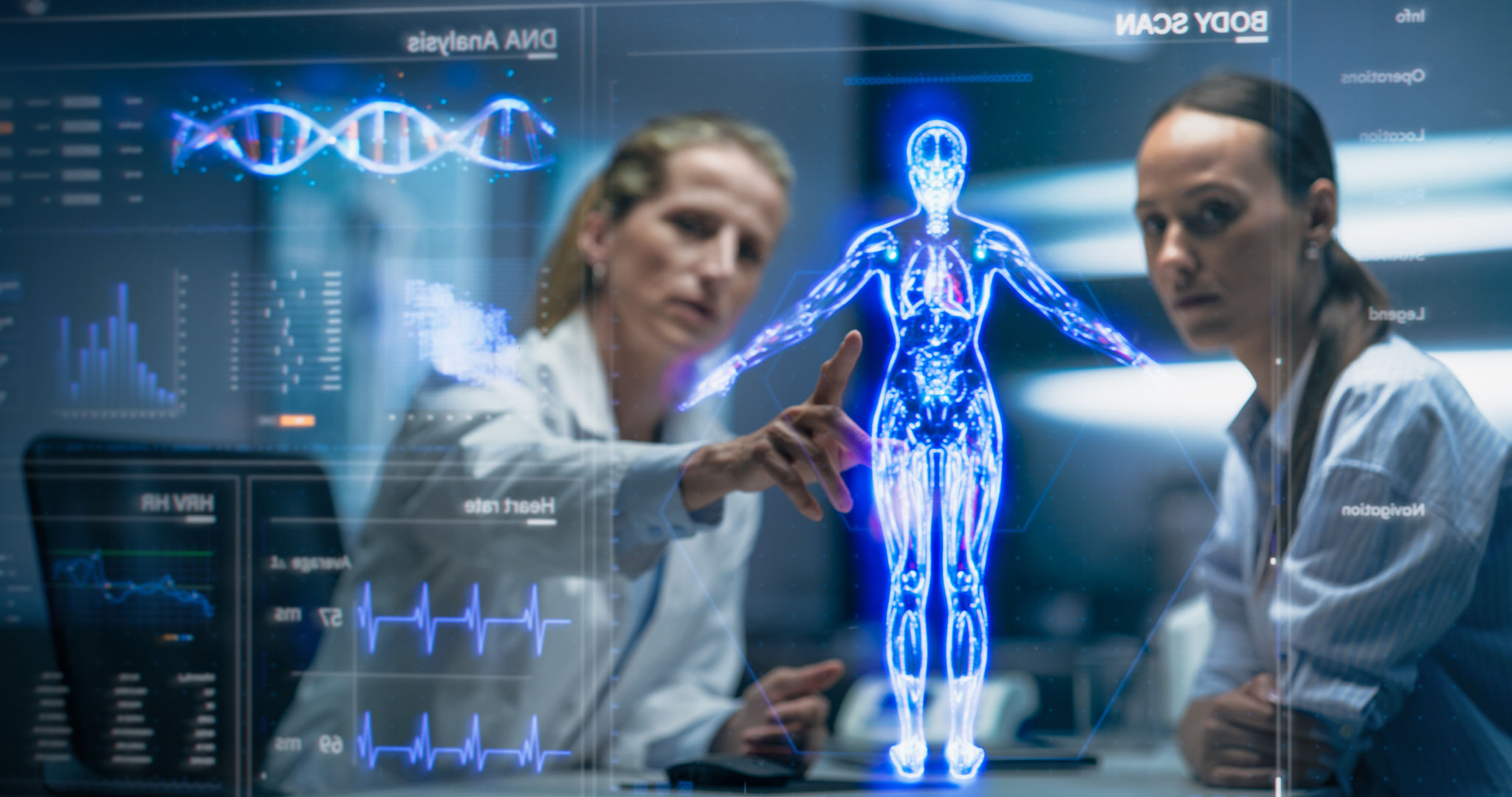How AI-Driven Health Insights are Transforming Remote Patient Monitoring
Introduction to AI-Driven Health Insights
The integration of Artificial Intelligence (AI) in healthcare is revolutionizing the way we approach patient care, especially in the realm of remote patient monitoring (RPM). AI-driven health insights have become a game-changer by providing healthcare professionals with real-time, actionable data to enhance patient outcomes. This advancement is not only improving the quality of care but is also paving the way for more personalized and efficient healthcare solutions.
Remote patient monitoring has become increasingly important, especially in the context of chronic disease management and post-operative care. The ability to monitor patients remotely reduces hospital visits and allows for continuous care without geographical constraints.

The Role of AI in Remote Patient Monitoring
AI technologies are enhancing RPM systems by analyzing large volumes of data collected from various health monitoring devices. These devices can include wearable technology, mobile apps, and home-based medical equipment. AI algorithms process this data to detect patterns and anomalies, providing healthcare providers with critical insights into a patient's health status.
For instance, AI can predict potential health issues before they become critical by identifying early warning signs embedded in the data, such as irregular heartbeats or abnormal glucose levels. This proactive approach allows for timely interventions, reducing the risk of complications.

Benefits to Patients and Healthcare Providers
AI-driven health insights offer numerous benefits to both patients and healthcare providers. For patients, the most significant advantage is the ability to receive continuous care without frequent hospital visits. This not only increases convenience but also reduces healthcare costs. For providers, AI tools streamline workflows by automating mundane tasks, allowing them to focus more on direct patient care.
Moreover, AI enhances decision-making by offering evidence-based recommendations. Providers can make informed decisions swiftly, based on comprehensive data analysis that considers multiple factors affecting a patient's health.
Challenges and Considerations
Despite its benefits, the integration of AI in RPM comes with challenges. Privacy concerns are paramount as patient data security must be ensured at all times. The ethical use of AI and maintaining transparency in how AI-derived insights are used is also crucial.

Another challenge is ensuring that AI systems are accurate and reliable. Continuous updates and validations are necessary to maintain the integrity of AI algorithms, as erroneous data can lead to incorrect health assessments and interventions.
The Future of AI in Remote Patient Monitoring
The future of AI-driven health insights in RPM looks promising. As AI technology continues to evolve, we can expect even greater accuracy in health predictions and more sophisticated tools for patient engagement. Innovations such as natural language processing (NLP) will enhance communication between patients and providers, making it easier for patients to understand their health data.
With ongoing research and development, AI will likely integrate with other emerging technologies like the Internet of Things (IoT) and blockchain to create a more connected and secure healthcare ecosystem.

Conclusion
AI-driven health insights are undeniably transforming remote patient monitoring by providing a more informed, proactive approach to patient care. While challenges remain, the potential benefits far outweigh the drawbacks, making this an exciting time for advancements in healthcare technology. As more healthcare systems adopt these technologies, we can anticipate a future where healthcare is more accessible, efficient, and personalized than ever before.
